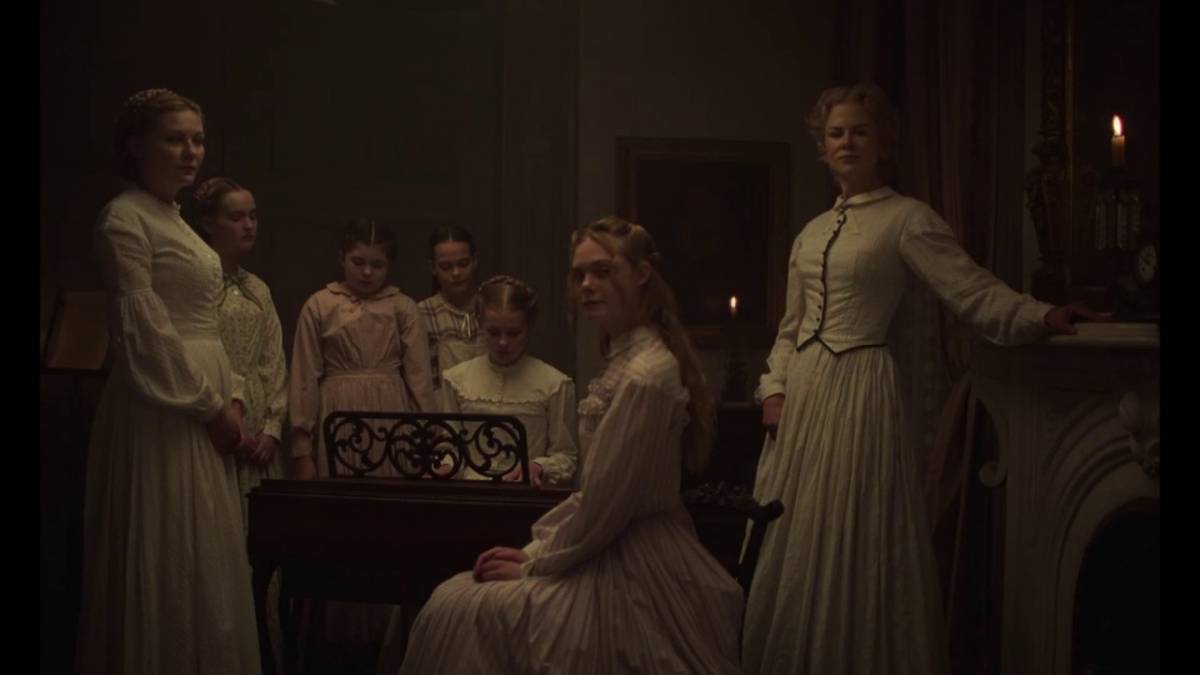Sofia Coppola’s new Civil War drama, The Beguiled, has been the subject of a recent controversy. Earlier this week, Coppola responded to accusations of whitewashing in the film in a statement released via IndieWire.
Notably absent from the film is the character of Mattie, a slave child who played a supporting role in the source material, and appeared in the 1971 adaptation, albeit under a different name. Coppola also cast white actress Kirsten Dunst as the schoolteacher Edwina, a main character who was biracial in the novel.
In her statement, Coppola takes issue with the treatment of Mattie’s character in the novel, which she argues perpetuates “an objectionable stereotype” and treats slavery as a side-plot. Coppola also brings up her research, saying that it was “historically accurate” to depict the women at this point in the war as completely isolated both from white men and from their former slaves. She assures audiences that her decision to leave the character out of the film “comes from respect.”
Narratively, the film is a major reworking of the original story, as it puts the focus on its women rather than being told from the man’s point of view. In this way, Coppola, who became the second woman to win Best Director at Cannes this year, decided to hold women’s issues in mind when making early, fundamental decisions about adapting The Beguiled for a modern audience. But she also decided not to address race issues, and in the process, erased two people of color from a film with a main cast of less than ten actors.
It is understandable that an updated version of the story would not deal so lightly with slavery or rely on harmful (and racist) stereotypes. However, does this excuse Coppola’s choice not to handle Mattie’s character more thoughtfully? And why was the character Edwina, who remained otherwise basically intact, cast as a white woman?
This is The Beguiled’s major flaw. Coppola’s new, women-centric vision works beautifully – but at what cost? If the way for Coppola to share her vision was to erase the people of color present in the story, should she have told a different story? Unfortunately, the film carries the weight of her decision. The movie is nearly a technical masterpiece from start to finish, but its effect is majorly hampered by Coppola’s unwillingness to address slavery to the point of erasing Black characters from the narrative.
Some of the coverage you find on Cultured Vultures contains affiliate links, which provide us with small commissions based on purchases made from visiting our site. We cover gaming news, movie reviews, wrestling and much more.



